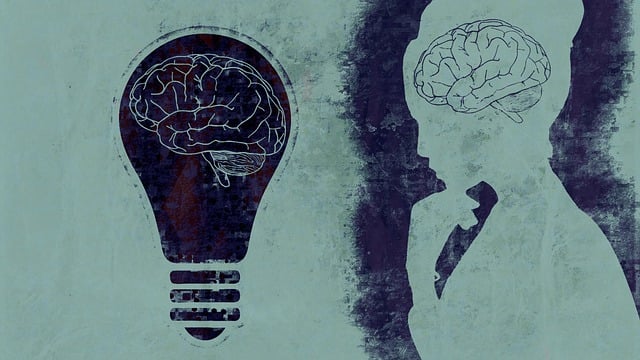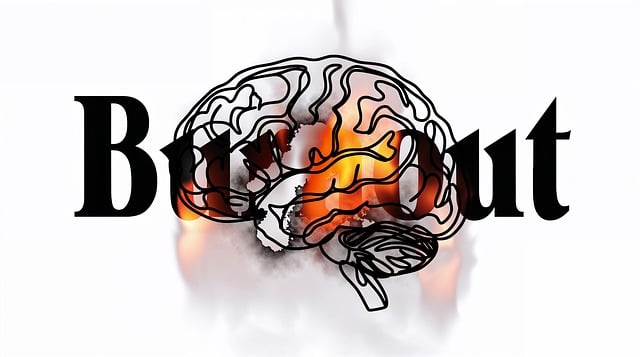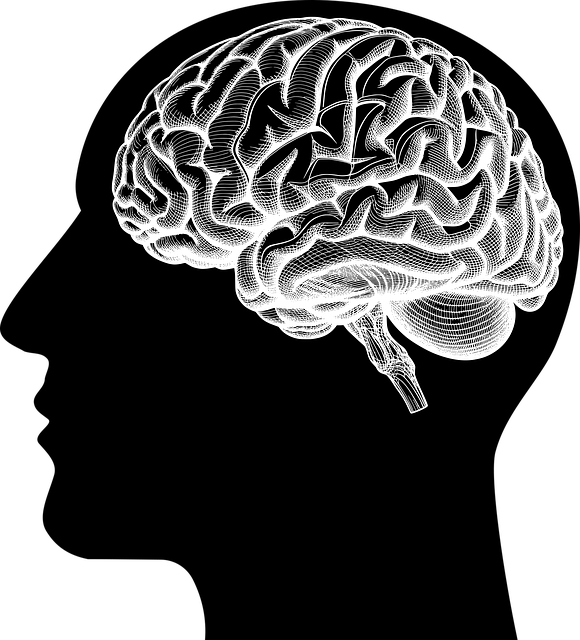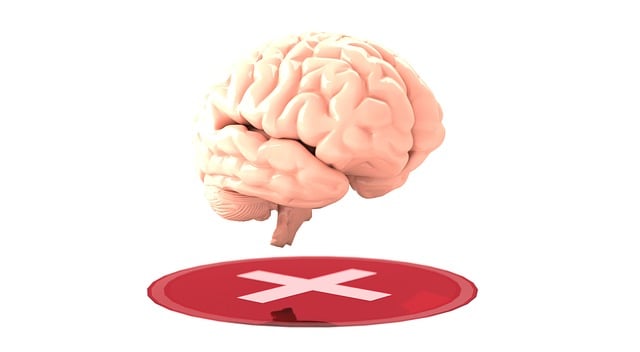In Lafayette, Cognitive Behavioral Therapy (CBT) therapists prioritize comprehensive risk assessment as a foundational practice for safe and effective treatment. They meticulously evaluate potential risks, implement harm minimization strategies, and integrate evidence-based techniques to ensure personalized care and address individual needs. By combining self-awareness exercises, social skills training, and emotional well-being promotion, CBT practitioners equip individuals with coping mechanisms to navigate challenges. Regular monitoring and evaluation adapt interventions to emerging needs, fostering a holistic environment that promotes long-term mental health and equips clients with tools for future challenge navigation.
In Lafayette, risk assessment and harm minimization planning are foundational elements for safe and effective cognitive behavioral therapy (CBT) practices. This comprehensive guide explores critical aspects of therapy safety, from understanding risk assessment as a cornerstone for CBT therapists to identifying potential harms and developing robust harm minimization plans. We delve into evidence-based strategies for intervention and highlight the importance of continuous monitoring and evaluation for long-term client well-being in Lafayette CBT therapies.
- Understanding Risk Assessment: A Foundation for Safe Therapy Practices in Lafayette
- Identifying Potential Harms: A Comprehensive Approach for CBT Therapists
- Developing a Harm Minimization Plan: Strategies for Effective Intervention
- Implementing Evidence-Based Techniques: Enhancing Client Safety in Cognitive Behavioral Therapy
- Continuous Monitoring and Evaluation: Ensuring Long-Term Well-being Through Regular Review
Understanding Risk Assessment: A Foundation for Safe Therapy Practices in Lafayette

In Lafayette, understanding risk assessment is a cornerstone for establishing safe and effective therapy practices, especially within the realm of Cognitive Behavioral Therapy (CBT). This process involves meticulously evaluating potential risks associated with specific therapeutic interventions and developing strategies to mitigate those risks, ensuring client safety. By incorporating comprehensive risk assessment techniques, therapists can deliver high-quality care tailored to individual needs, fostering a supportive environment conducive to mental wellness coaching programs and emotional well-being promotion techniques.
Lafayette Cognitive Behavioral Therapy therapy benefits greatly from this structured approach as it enables therapists to anticipate potential challenges and implement appropriate interventions. Risk assessment allows for personalized treatment plans, addressing unique client factors that may impact therapy outcomes. This proactive measure not only boosts confidence in the therapeutic process but also underscores the therapist’s commitment to their clients’ emotional well-being, setting a strong foundation for successful therapy sessions and long-term mental health management.
Identifying Potential Harms: A Comprehensive Approach for CBT Therapists

Identifying potential harms is a foundational step for Lafayette Cognitive Behavioral Therapy (CBT) therapists. It involves meticulously examining all aspects of a client’s life, including their thoughts, feelings, behaviors, and external circumstances, to anticipate possible adverse effects or setbacks. This comprehensive approach ensures that therapists address not only the client’s current challenges but also foresee and prepare for future risks. By proactively identifying areas where harm might occur—be it through relapsing into old thought patterns, social isolation, or emotional distress—therapists can tailor interventions accordingly.
CBT practitioners can employ various tools to facilitate this process, including self-awareness exercises that encourage clients to recognize their triggers and early warning signs. Social skills training and emotional well-being promotion techniques are also integral parts of this framework, aiming to equip individuals with the coping mechanisms needed to navigate life’s challenges. Ultimately, a thorough harm minimization strategy, developed through this rigorous identification process, enables Lafayette CBT therapists to offer more effective and resilient support to their clients.
Developing a Harm Minimization Plan: Strategies for Effective Intervention

Developing a Harm Minimization Plan is an essential step in risk assessment, particularly for individuals dealing with mental health challenges such as depression or those seeking Lafayette Cognitive Behavioral Therapy. This strategy involves identifying potential triggers and implementing interventions to promote inner strength development and enhance resilience. One effective approach is Social Skills Training, which can empower individuals to navigate social situations with increased confidence and reduce the likelihood of harmful behaviors.
By integrating these techniques, a comprehensive plan can be crafted that addresses individual needs. For instance, for someone struggling with depression prevention, regular therapy sessions combined with structured activities focusing on inner strength development can offer a supportive framework. This proactive approach allows for early intervention, ensuring individuals have the tools to manage and overcome potential triggers before they escalate, thereby fostering a safer and more positive environment.
Implementing Evidence-Based Techniques: Enhancing Client Safety in Cognitive Behavioral Therapy

Implementing evidence-based techniques is a cornerstone of effective Lafayette Cognitive Behavioral Therapy (CBT). By integrating strategies that have been rigorously studied and proven successful, therapists can significantly enhance client safety and outcomes. This approach ensures that treatments are not only based on theory but also backed by empirical data, fostering a more reliable and impactful therapeutic process.
One such technique is incorporating stress management strategies tailored to individual needs. Recognizing the interconnectedness of mental wellness with physical health, CBT integrates practices from Mental Wellness Podcast Series Production to holistically address client concerns. Moreover, healthcare provider cultural competency training plays a vital role in creating an inclusive environment, ensuring every client feels understood and supported throughout their therapy journey.
Continuous Monitoring and Evaluation: Ensuring Long-Term Well-being Through Regular Review

Continuous monitoring and evaluation are integral components of effective risk assessment and harm minimization planning in Lafayette Cognitive Behavioral Therapy (CBT). Regular review processes ensure that interventions remain tailored to evolving individual needs, aligning with the dynamic nature of mental health. Through ongoing assessment, therapists can identify emerging risks or changes in severity, promptly adapting treatment strategies to mitigate potential harm.
This proactive approach, coupled with public awareness campaigns development and self-care routine development for better mental health, fosters a holistic environment that supports long-term well-being. By integrating these strategies, Lafayette CBT not only addresses immediate concerns but also equips individuals with tools to navigate future challenges, ultimately enhancing mental wellness in the community.
Risk assessment and harm minimization planning are essential components of responsible Lafayette Cognitive Behavioral Therapy (CBT) practices. By understanding risk assessment as a foundational step, therapists can effectively identify potential harms specific to CBT interventions. Developing comprehensive harm minimization plans enables practitioners to implement evidence-based strategies for client safety. Continuous monitoring and evaluation ensure that the well-being of clients is prioritized, fostering a safe and supportive environment in Lafayette CBT therapy.














